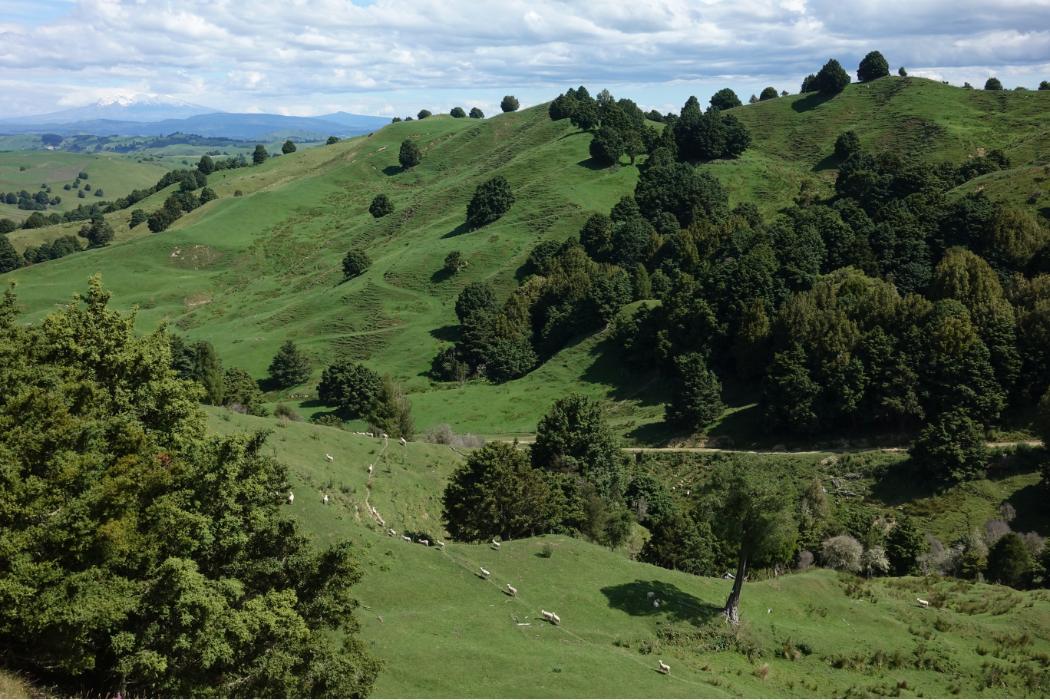Due diligence
Getting the right advice with due diligence on buying a farm is essential, Michael Matthews writes.

Getting the right advice with due diligence on buying a farm is essential, Michael Matthews writes.
Farm sales are more complex than they have ever been with new regulations at regional and national levels. Even in areas with little impact from their regional council, the National Environmental Standards for Freshwater Management (NESFM).
In those areas where you have regional plans in place, any activity or land use change must comply with both and if there are two similar regulations, the most restrictive applies.
Due diligence has always been carried out by buyers to varying degrees – from talking to stock agents about the quality of animals on the farm, right up to full scale financial and agronomic modelling.
The latter is pretty challenging with most farms due for sale within a month of offering. Existing and future legislation will have an impact on any farm and what were once accepted as inalienable rights (to subdivide, winter crop, etc) are no longer guaranteed, as new activities. It will also be likely that Farmax and Overseer modelling may be required to ascertain nutrient losses and agronomical feasibility of any new system.
If the existing system will be continued, understanding compliance with the relevant regional plan and any liabilities will also be important, for greenhouse gas (GHG) cost, nitrogen loading, annual consent to farm, etc.
Knowing the status of any potential property has become imperative since September 2, 2020, when the NESFM came into law. It may be unpalatable to certain farmers and restrictive on certain farms but activities such as winter grazing on crops, dairy support, dairy platform and irrigation on dairy properties all have regulations imposed with grand-parented areas from September 2020.
If the vendor or agent can’t provide you with good information on 2019-20 then the bottom line is you may be restricted to farming in line with the vendor’s operation, or less intensively.
GHG liabilities and any participation in the Emissions Trading Scheme (ETS) also create another area of consideration. What are the liabilities of the farm, how does your proposed system compare with the 2019-20 year?
New legislation on highly productive land is also earmarked for the first half of 2022 – this will create an obligation on regional councils to preserve the best land in their region as production land (land use capability class 1-3). So, any plan for subdivision to offset a buying price could be scuppered.
In addition, an exposure draft of the National Policy Statement for Biodiversity is also in the pipeline for later in 2022. After an outcry around the identification and treatment of significant natural areas (SNAs), there has been further consultation. However, phrases such as ‘maintain and increase biodiversity’ are likely to remain in the documentation.
Definitions of wetlands – 50 square metres which is only 5m by 10m may still be in place and on some farms with lots of springs this could create quite a fencing headache – not to mention the weed control that is likely to be required in the stock-excluded areas.
On an existing farm, you have to mitigate these restrictions and make your system work within the regulations. However, when buying a new property, you need to look closely at the regulatory limitations, and evaluate not just how great the farm might look but how you would be able to farm it within two or five years, let alone 10.
Due diligence done properly doesn’t come cheaply – usually starting at about $5000 for any basic work – farm visit, researching the legislative restrictions on the farm, modelling your planned future system and reporting. However, when farms are usually in the seven figure bracket, this is a small price to pay for not buying a farm which won’t be fit for purpose for your operation. Additionally, you should be able to learn from the consultant as you go through the process, making you more able to begin evaluating future properties yourself, if the first one doesn’t work out.
There has never been a more important time when keeping up with the regulations, or engaging someone who can bring you up to speed. Real estate agents are caught up in the middle of this, they are engaged by the vendor to sell their property at the best possible price.
They are also left holding the can on making sure the potential buyers are sufficiently informed about the farm to be making an informed decision without scaring everyone off! Due diligence is your personal responsibility. Better to know beforehand that the ideal property might not be so perfect than to have bought it and then not be able to farm it as you had wished.
It is not all doom and gloom, there is good buying out there to be had by informed and engaged buyers. Due diligence done well should be able to give you the surety you need to buy with confidence. Planning for future planting, fencing or retirement can all be incorporated into the initial budget to the bank. Knowing these expenses are in the pipeline and having a plan to pay for them will make for a much less stressful time as all of the new regulations kick in.
- Michael Matthews is a business manager with Perrin Ag, Rotorua.




